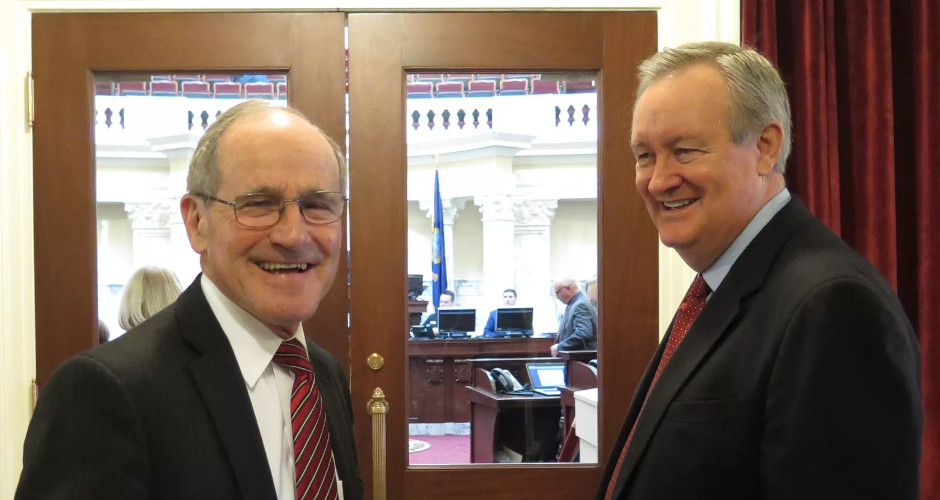Crapo, Risch Introduce “State Fiscal Flexibility Act”
Bill would prevent federal government from banning state tax cuts
WASHINGTON, D.C. – U.S. Senator Mike Crapo (R-Idaho), Ranking Member of the Senate Finance Committee, and U.S. Senator Jim Risch (R-Idaho) have introduced the “State Fiscal Flexibility Act,” a bill to eliminate a provision in the American Rescue Plan that prevents states from using relief funds to cut taxes.
“If a state like Idaho wants to provide tax relief in the interest of economic recovery, and to help people return to earning their livelihoods, the American Rescue Plan says it will be financially punished by the federal government,” said Crapo. “This infringes on states’ authority to design their own fiscal policies, and invites partisan politics into federal and state relations.”
“Last year, Governor Little and the Idaho State Legislature cut red tape and limited government spending to put the state in the strongest possible position to emerge from this pandemic,” said Risch. “Yet under Democrats’ COVID spending plan, poorly managed states receive a windfall while fiscally responsible states like Idaho are barred from providing tax relief to its citizens. With this legislation, financial competence will be rightly rewarded—not penalized.”
“Under the Democrats’ illogical plan, Idaho would potentially subsidize poorly managed states simply because we are using our record budget surplus to pursue historic tax relief for our citizens,” said Governor Brad Little. “We achieved our record budget surplus after years of responsible, conservative governing and quick action during the pandemic, and our surplus should be returned to Idahoans as I proposed. Simply put, any federal relief funds directed to states should be allocated fairly. What incentive do states have to do the right thing when they get bailed out for doing the wrong thing?”
The American Rescue Plan includes a $350 billion bailout for states, rewarding those with poor fiscal management and punishing those who operated responsibly during the pandemic. Funds can be used for virtually anything a state chooses to spend money on, with next to nothing in terms of constraints or restrictions. However, there are two restrictions: one is that a state may not use recovery funds “for deposit into any pension fund,” and the other is that any state wishing to provide tax relief may do so, but only at a punishable cost. The latter provision serves no useful purpose, other than to convey the message that tax cuts are not favored by the federal government. The “State Fiscal Flexibility Act” would eliminate this provision, giving power back to the states to determine what fiscal policies will best serve their citizens.


